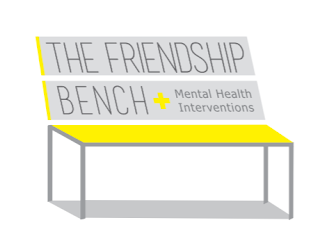When the
bus stopped in front of her, she almost fainted. An older man helped her get
into the bus. She asked the driver what the ticket would cost. When she heard
the price, a price so much higher than all the money mum had given her, she
stumbled back out, running away, dropping a letter on the ground. The man who had
helped her on to the bus picked up the letter. Invitation to psychiatric evaluation. When he looked up the girl
was gone. A few hours later she was found hanging from a tree.
I am sorry
to say that the story is based on real events, as described by Eben Shapiro in
the article A humble solution to global
depression in TIME. 16,5 million
people live in Zimbabwe, a country with 12 (!) trained psychiatrists. The 15-year-old
girl was on her way to one of them, Dr. Dixon Chibanda, for a scheduled
evaluation. She couldn’t afford the $15 bus fare and hanged herself.
Dr Dixon Chibanda
decided to do something to improve the situation for others in her situation. With
only 12 psychiatrists in the country, something had to be done to increase
access to help.
“It suddenly dawned on me that one of the most reliable resources we have in Africa is grandmothers.”
This
reminds me of a scene in the film Crocodile
Dundee, when Dundee is surprised about Americans talking about their “shrinks”
and asks why they don’t just talk to their mates.
Mates and
grandmothers are great when it comes to offering help. When it comes to psychiatric
illnesses you will need more skills, so Dr Dixon Chibanda’s organization Friendship Bench trains Zimbabwean
grandmothers in problem-solving therapy and behaviour activation.
There is no such thing as unsolvable problems. Too often we limit ourselves by thinking we don’t have the resources. Not enough psychiatrists, not enough money, not enough time. When you switch your mind to: “There is always a way”, you will find the solutions.
Like Dr
Dixon Chibanda, who decided to, and found, a way.
You can
read more about Friendship Bench here.


No comments:
Post a Comment